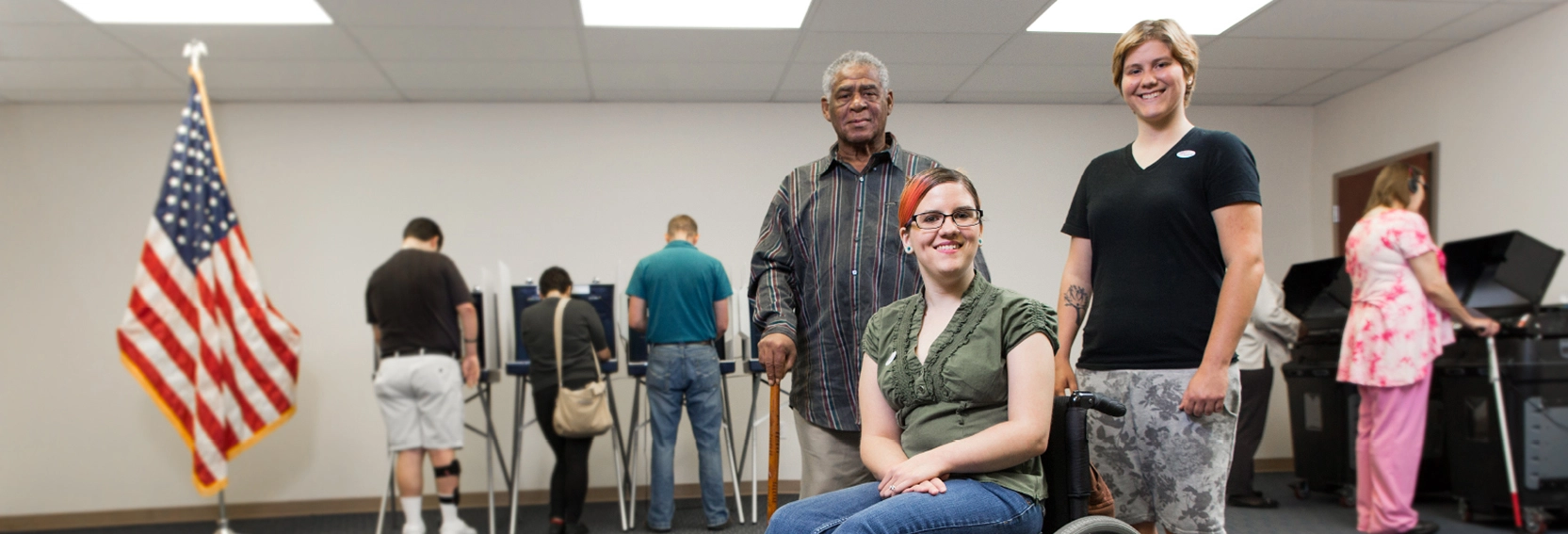During an emergency such as a hurricane or a public health crisis, there is not only a need to focus planning and response efforts on disability-specific aspects of the emergency, but also to seek the input and expertise of people with disabilities in the process. If elected, how would your office work to ensure that state emergency planning (i.e., health testing, sheltering and safety of congregate living populations, et cetera) is inclusive of Florida’s disability communities? How will you work to ensure that communications and other information from the state is accessible to people with disabilities?
I will support efforts to include the disability community and their advocates in the planning process and support any messaging and public service information is provided in formats accessible to those with disabilities.
In the event that the global pandemic lasts through the current school year or possibly beyond, how would you work with state educational officials to ensure that relevant state and federal educational guarantees for students with disabilities are adhered to, and do you believe that it is possible to appropriately educate students with disabilities remotely or through virtual education?
I will work with the State Education Department and local School Districts to provide both in-person and virtual instruction options for parents of children with disabilities.
In recent years, the state legislature has devoted much attention to the issue of mental health service delivery and crisis response systems in state public schools. In your opinion, how should the state work to ensure that the mental health needs of its students are met, and what reforms are needed to provide adequate mental health and crisis response services in our schools? When, if ever, is it appropriate for schools to initiate involuntary examinations for its students under the Florida Mental Health Act (“the Baker Act”)?
I support more funding for mental health services statewide. Baker Act processes should be used in consultation with parents and guardians of minor children.
It has become apparent that COVID-19 spreads most easily in institutional and congregate living arrangements. If elected, how would you work to prevent the unnecessary institutionalization of persons with disabilities and reduce other forms of congregate living in favor of serving persons with disabilities in their own homes or the community both during and after the current pandemic? What will you do to ensure that people with psychiatric disabilities are afforded the services they need to succeed in their own homes and communities and avoid psychiatric hospitalization?
I support additional funding for in-home services for these individuals.
Even before the pandemic began and massive job losses ensued, 2.7 million Floridians were uninsured. Research shows that under normal circumstances the uninsured have much greater challenges accessing health care, and these disparities are exacerbated during a health crisis. Do you support expanding the state’s Medicaid program to cover adults (19-64) with income up to 138 percent of the federal poverty level to provide more than 800,000 Floridians with coverage? Why or why not? Do you support proposals to utilize a “block grant” or “per capita cap” approach to contain Medicaid spending? Why or why not?
I support the expansion of Medicaid under the Affordable Care Act in Florida.
Despite the protections of the Americans with Disabilities Act (the ADA) and related state and federal laws, the unemployment rate of people with disabilities continues to be much higher than that of people without disabilities. If elected, how would you work to promote meaningful opportunities for supported employment and competitive, integrated employment of people with disabilities in the state? What policies do you advocate to support the academic and career success of students with disabilities, especially for students from historically marginalized communities and backgrounds?
I need to learn more about potential solutions to address this issue.
Nationwide it is believed that there are more than 750,000 people with disabilities who are incarcerated, and many of these individuals face substantial barriers to reentry when they complete their sentences and return home. What reforms do you support to ensure that returning citizens with disabilities have the resources, skills and mental health supports to succeed when they complete their sentences?
I need to learn more about potential solutions to address this issue.
What is your experience working with people with disabilities or alongside disability-led organizations? Please provide examples of your experience addressing and responding to disability issues or describing disability advocacy efforts you have participated in either personally, professionally, or while in elected office if applicable. If elected, how would you integrate the input and perspectives of people with disabilities in your office’s planning and legislative efforts?
I have had positive experiences working with members of the disability community and their advocates and will continue to work with them on policy and budget issues.
